Last Updated on August 5, 2021

Angelina Jolie‘s UNBROKEN is the powerful story of Louis Zamperini, an Olympian and WWII war hero who survived incredibly difficult odds – including being stranded at sea for almost 50 days and being held prisoner in a Japanese POW camp for two years – thanks to his unbreakable will and patriotism. It’s an incredible tale of resilience, one that certainly made me think, “What the hell am I complaining about?” once or twice. Jolie brings the story to the screen quite impressively in what is only her second directorial effort; she’s also cast the film extremely well, with Irish up-and-comer Jack O’Connell leading the charge in a breakout role.
I recently attended the press conference for UNBROKEN in NY, which had Jolie, O’Connell and supporting actors Garrett Hedlund (as a POW Zamperini befriends), Japanese pop star Miyavi (as a cruel Japanese office who tries to crush Zamperini’s spirit) and Finn Wittrock (as a comrade of Zamperini’s).
Here are some of the press conference’s highlights, which include Jolie speaking about the meaning of the book to her and working with Joel and Ethan Coen on the screenplay; O’Connell on the importance of Zamperini to him; Miyavi on his first English-language role, and more.

Jolie on why this story was important to her:
It was very important, as I often thought about how my older sons are of the appropriate age to see it. It’s a movie for everybody, and I think it encourages you to think about this great generation and the values they had, and how they were as men. I think it’s one that we want to raise our children by; they remind this generation of the proper sense of family, community and honor, and how we should pay respect to them.
I want my children to know about men like Louis so when they feel bad about themselves and they think all is lost, they know they’ve got something inside of them, because that’s what this story speaks to. It’s what’s inside all of us. You don’t have to be a perfect person or a saint or a hero. Louis was very flawed and human, but made great choices.
Jolie again, on how the book by Laura Hillenbrand inspired her:
I think what it was that like everybody, we wake up and watch the news, and see the events going on around the world. We’re disheartened by so much, and we don’t know what’s possible. So we want something to hold onto and believe in, that can give us strength.
I was halfway through this book, and I found myself inspired and feeling better. I was also reminded of the strength of the human spirit, and the strength of Louie having a brother like Pete, and that they could be that for each other. I realized, if this is having this effect on me, I knew it had effected so many other people, and it was what we needed to put forward to the world at this time. I’m glad it’s coming out at the holidays; it’s a very important time.

Jack O’Connell on Zamperini’s indomitable will:
His will is timeless, and still very relevant and important. Many of the men from Louie’s generation are sadly gone, so we owe it to them to keep passing their accounts down. I believe everything we get to experience today was at a cost, so it’s key that we remember that. That way we can ensure that generations after ours can also thrive. Louie’s story is an incredible account of his generation. His story is about forgiveness, which helped him live to the age of 97, and have some version of closure.
Jolie here speaks about the unconventional casting of Miyavi:
It was very important to us to not cast a stereotype of a Japanese prison guard, and it would also be inaccurate to what Watanabe was. He was very well educated. He was described as being very striking and physically strong, so I had this thought of somebody who would have real presence. I thought of a rock star who’s been a front man, because it’s a very unique talent to be able to stand in front of thousands of people and hold that.
I looked Miyavi up, and I was blown away by his talent and his ability, but I wanted to know what he was like as a person. Before his talent as an actor, I believe strongly if you’re playing somebody dark, you have to cast somebody who’s a very balanced and good person, and who doesn’t enjoy or indulge in violence.
So I met Miyavi, and they didn’t tell him why. His agent said he’s a very good man, and a very good dad and husband. But the scenes that bring him to violence were so against his nature, they carried this complexity that the character deserved. You could see he was mad, driven and imbalanced.

Miyavi on staying away from the rest of the cast, which is mercilessly tortured by his character “the Bird.”
No, when we weren’t on the set, we had to keep a distance from each other. With Jack’s heavy accent, I wasn’t able to understand what he was saying. But there was a lot of pressure, since I hadn’t had any previous acting experience.
I didn’t want to portray the country in which I was born and raised in a negative way. But Angelina said she wanted to present the story in a meaningful way, which could be appreciated in both Japan and America. It was difficult to play this character, but the more evil I became, the more dramatic the story became.
Jolie on her collaboration with screenwriters Joel and Ethan Coen, and what they brought to the script:
I don’t remember how long our collaboration was, but it wasn’t an extremely lengthy process. It was maybe a couple months in the beginning. This film could easily have gone sentimental and been too earnest about Louie’s story. But it became so beautiful and meaningful, and we understood that we had to keep it sharp, open and entertaining for an audience.
The Coen brothers are so smart and witty. They have such an extraordinary way of communicating with an audience in such a clean way, with just a few lines and a gesture from a character that say so much. So they were really helpful with building the characters’ personalities and the structure, because the big part of it was how we structure the story. We asked questions like, where do we go back and forth? How do we keep the audience? When do we stop using flashbacks? So also being directors and being the Coen brothers, they were just so brilliant. They had that thing, especially for the last hour, that helped it all come together.

Finn Wittrock on portraying a real person and meeting Louis Zamperini (warning: there’s a spoiler in here):
I think my eyes were very open when I got to meet Louie. You know you’re playing a real person, but when you meet someone who literally watched your character starve to death in front of them, it’s powerful. Wrapping my mind around the fact that Mac died in Louie’s arms provided a heightened sense of reality and responsibility. We didn’t know much about who Mac was, but I felt like I had to do his spirit justice.
He could be any of our grandfathers, and I think we all felt a responsibility to do service to a story that is bigger than any of us. So we had to remind ourselves when we were in the trenches, and had four blueberries for breakfast, that you have to push yourself, because you want the story to be told.
Finally, Angelina on the particular challenges of making such a large-scale film:
I came into this because I felt it was an important story, and I was drawn to its message. If you’d asked me a few years ago what kind of a film do you want to make, I never would have assumed to make a film that included shark attacks and plane crashes. I would never have thought of myself handling that kind of cinematic filmmaking. I wouldn’t think I could or should do that.
But I cared about the story, so I had to suddenly learn how to do all those things, and to be honest, it was such an exciting challenge. We had such a great cinematographer in Roger Deakens, and our visual effects people were just amazing. The thing is, everybody came to this film because they read the book or knew about Louis, so we were all there with a higher purpose. Everybody worked really hard, but somehow we got through it.
UNBROKEN hits theaters on Christmas Day.


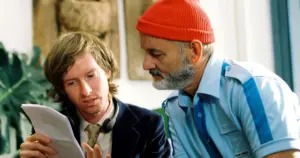
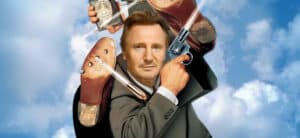

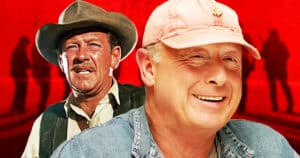

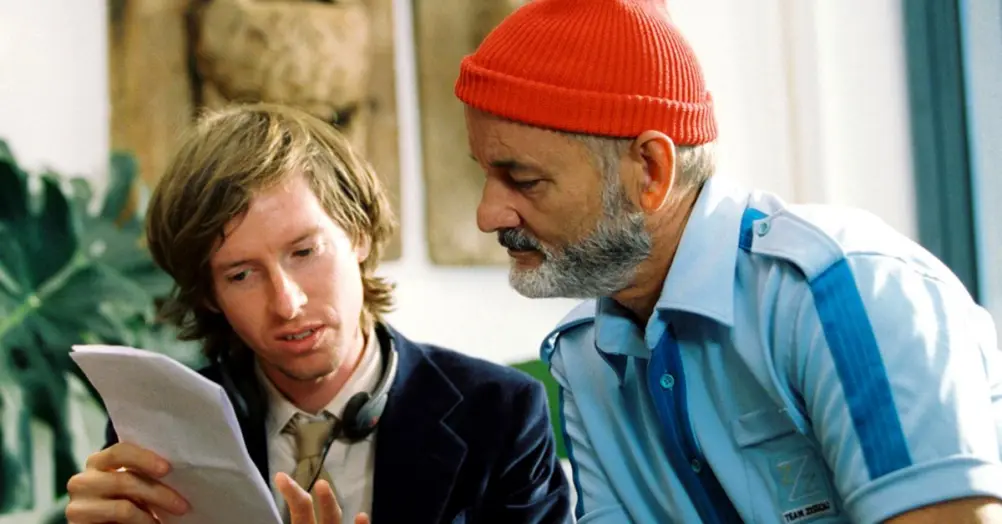
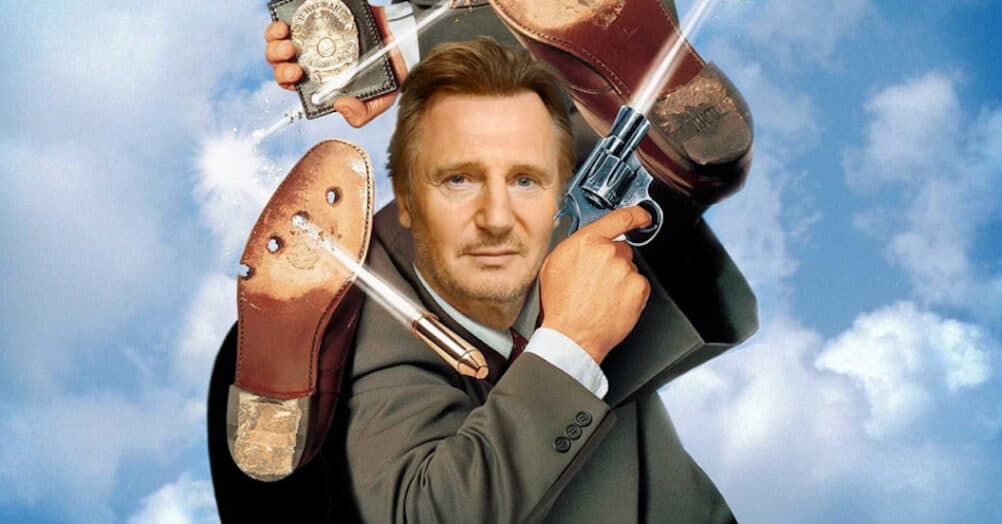
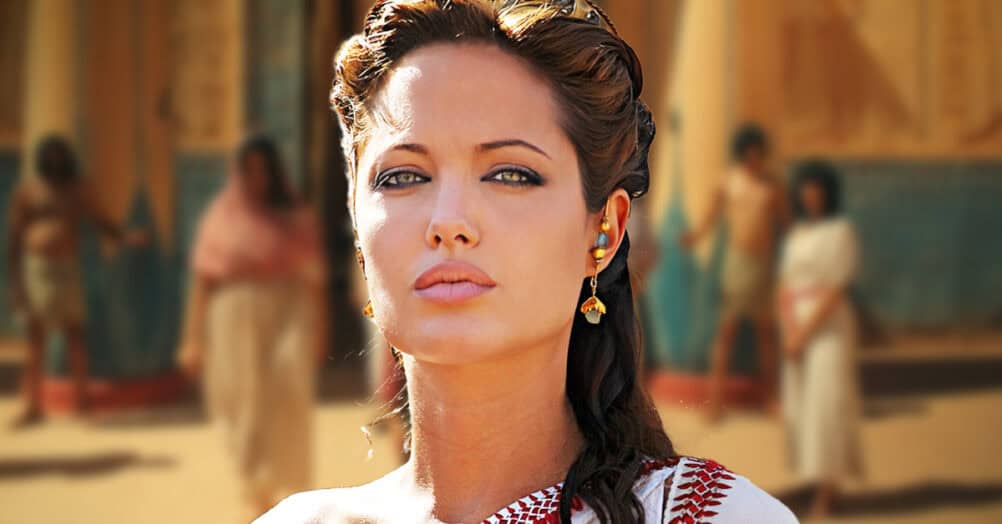
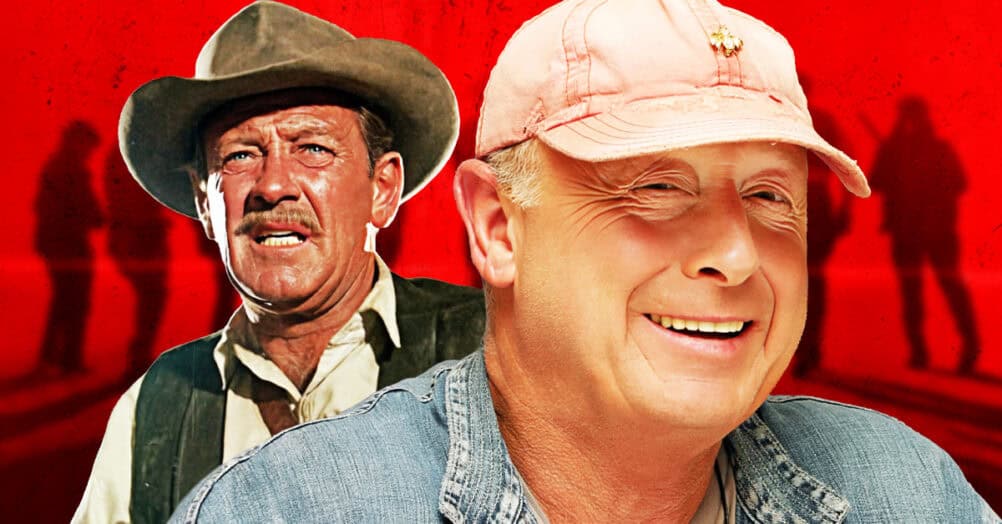
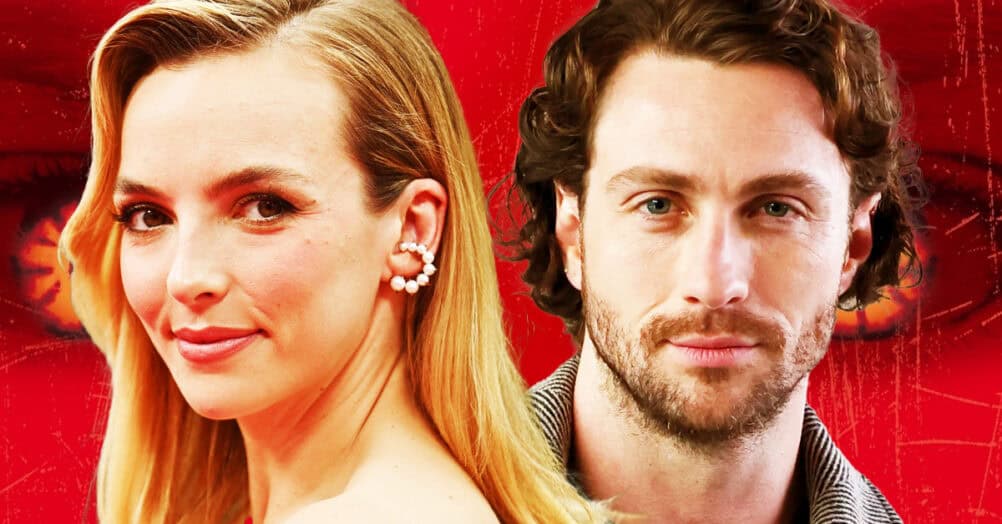
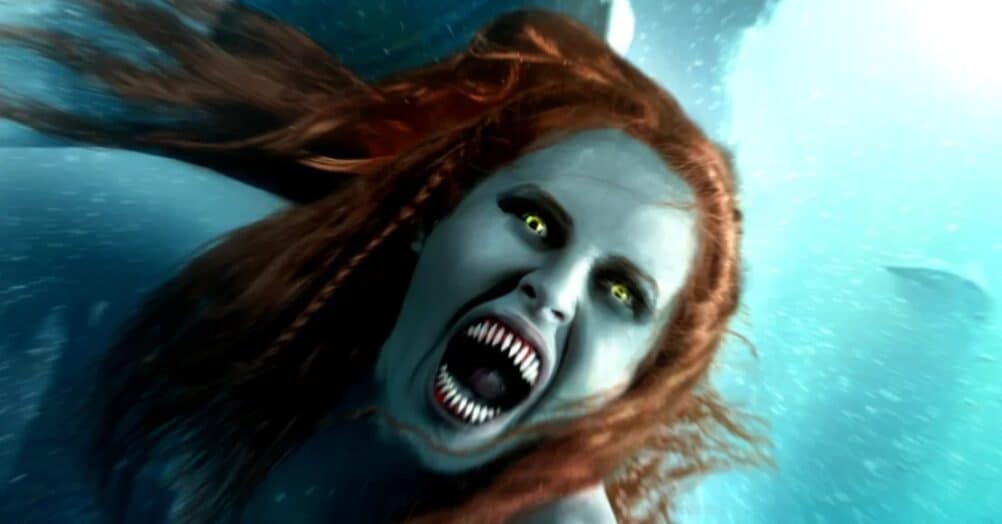
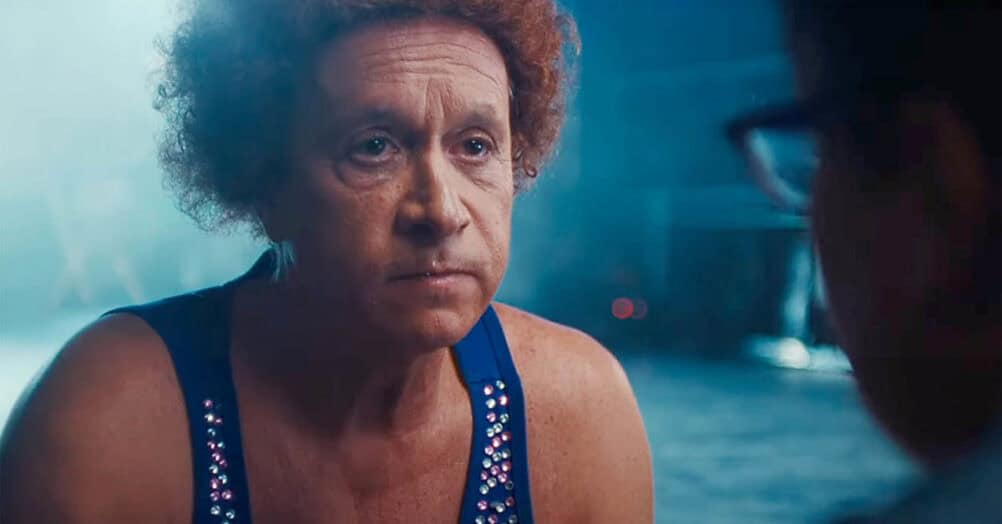
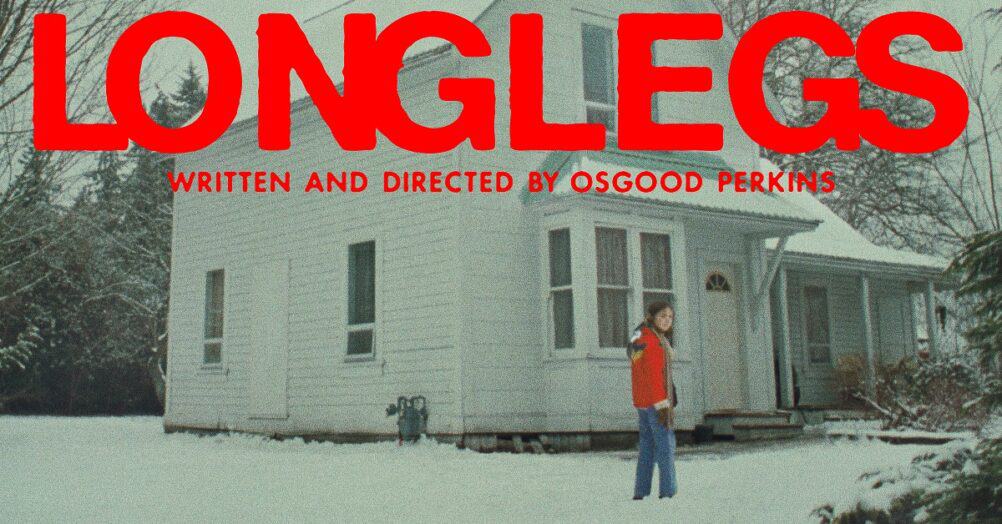
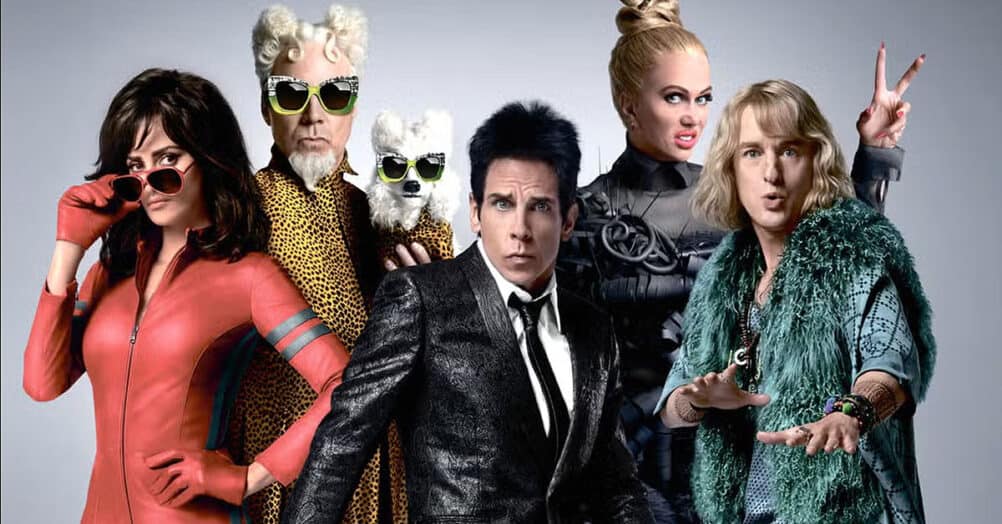
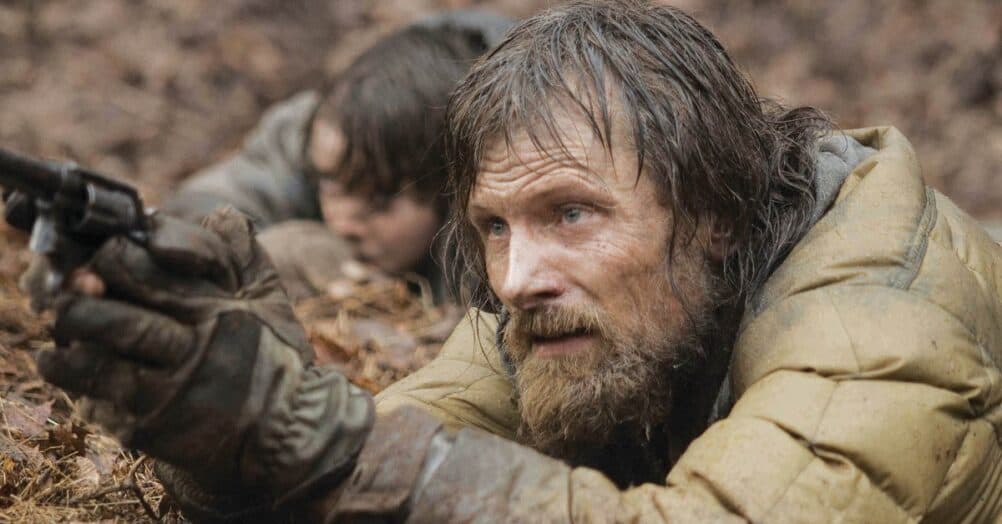
Follow the JOBLO MOVIE NETWORK
Follow us on YOUTUBE
Follow ARROW IN THE HEAD
Follow AITH on YOUTUBE